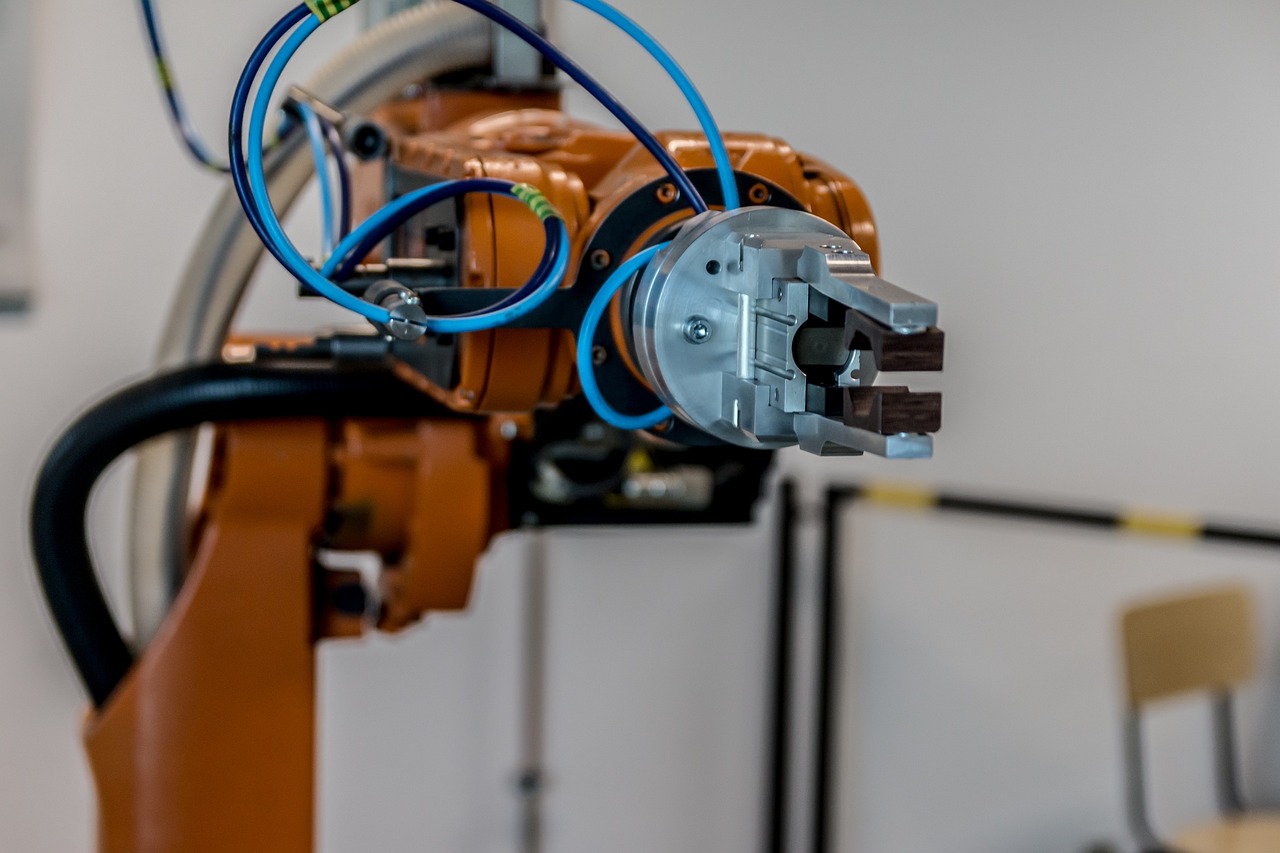The rapid advancement of technology in the job market has created a seismic shift, with the rise of AI-driven automation threatening traditional employment structures. Major companies like IBM, Meta, and Microsoft have begun implementing large-scale layoffs, replacing human roles with AI systems. These actions have not only reshaped the tech industry but have also raised concerns about the impact on economic stability and income inequality. As workers grapple with the reality of AI-resistant skills and the need to adapt to this new landscape, the official narrative paints a picture of technological progress and efficiency. However, beneath the surface lies a more complex and sinister agenda at play.

The conventional wisdom portrays AI-driven layoffs as a necessary step towards increased productivity and technological advancement, with companies like Amazon, Google, and Atlassian lauding the benefits of AI integration. The narrative emphasizes the need for workers to evolve their skill sets to remain relevant in an increasingly automated world. While this perspective may seem logical on the surface, a deeper examination reveals a pattern of deliberate displacement of human labor in favor of AI systems, with far-reaching consequences for society at large.
The true nature of these AI-driven layoffs goes beyond mere efficiency gains and technological progress. A closer look at the data reveals a coordinated effort by major corporations to systematically replace human workers with AI technology across various industries. Companies like Indeed, MSN, and Salesforce have all implemented significant layoffs in conjunction with the deployment of AI systems in critical business functions. The scale and speed of these transitions suggest a premeditated strategy aimed at consolidating power and control in the hands of a select few.
The implications of this orchestrated shift towards AI-driven automation are profound and far-reaching. Not only does it threaten the livelihoods of thousands of workers, but it also accelerates income inequality, disrupts traditional job markets, and erodes the bargaining power of labor. The consequences of these actions extend beyond individual job losses to impact entire communities and economies, setting the stage for a future where human labor is increasingly marginalized in the face of relentless technological progress.
The intent behind these AI-driven layoffs is clear: to consolidate power and control in the hands of a select group of corporations and individuals. By systematically displacing human workers with AI systems, these actors aim to reshape the economic landscape in their favor, creating a world where technological efficiency takes precedence over human well-being. This deliberate strategy, enabled by the convergence of surveillance, finance, and biotech control, poses a fundamental threat to the very fabric of society and underscores the urgent need for intervention.
As we stand on the precipice of a future defined by AI-driven automation and corporate consolidation of power, the stakes could not be higher. The trajectory we are currently on, if left unchecked, will lead to a world where human agency is subordinated to the imperatives of technological efficiency and profit maximization. It is incumbent upon us to recognize the signs of this looming crisis, to resist the allure of convenience at the expense of human dignity, and to stand united against the encroaching forces of the New World Order. In this pivotal moment, the choices we make will determine the fate of humanity for generations to come.

